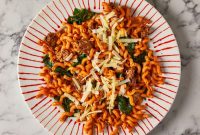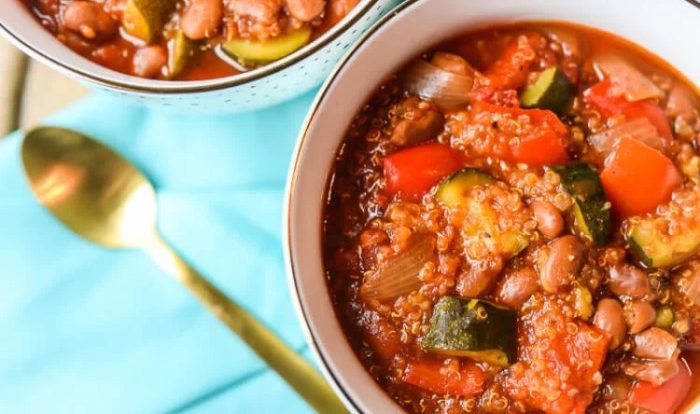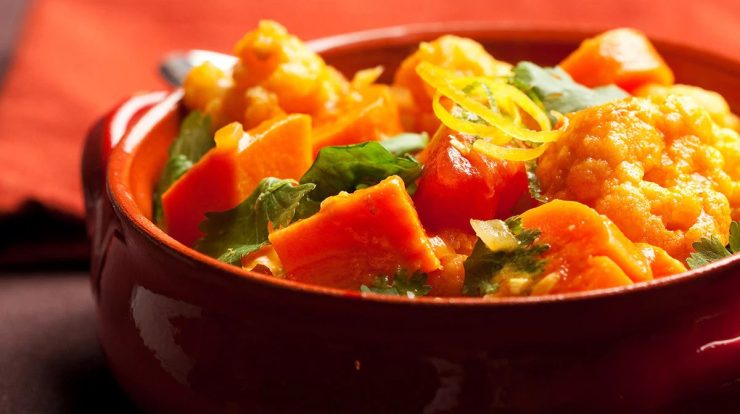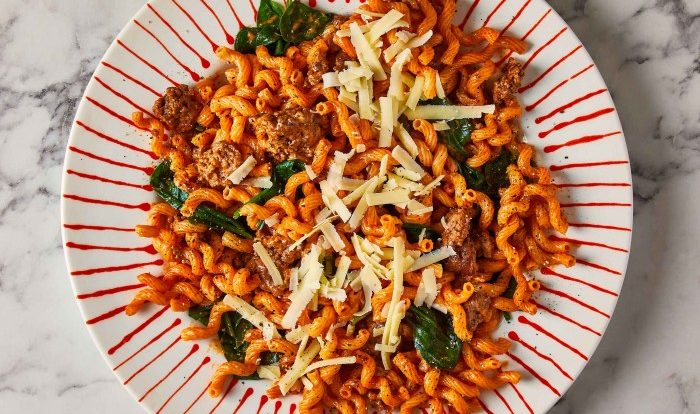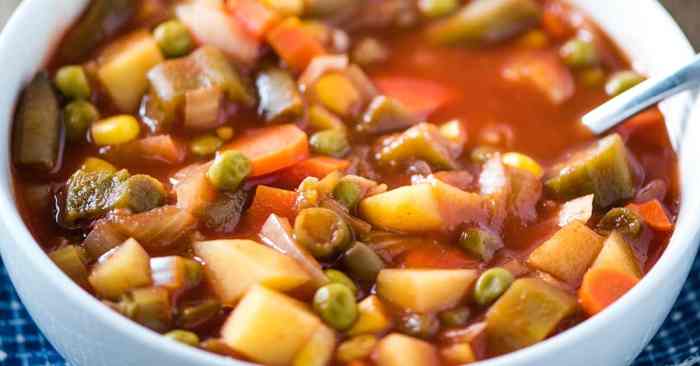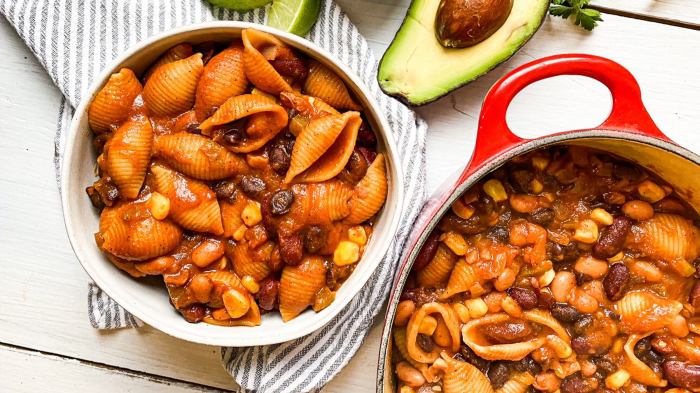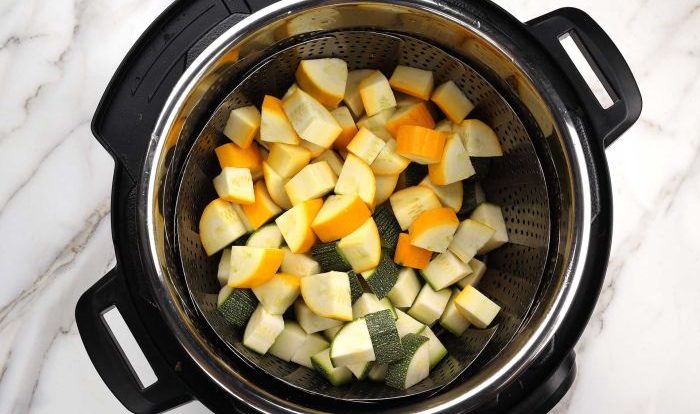Can pizza make you weight gain? The answer to this question lies in understanding the calorie content and nutritional value of this beloved dish. Join us as we delve into the world of pizza, examining its ingredients, consumption patterns, and alternative options to help you make informed choices about your diet.
Pizza, with its tantalizing combination of crispy crust, melted cheese, and flavorful toppings, has become a staple in many households. However, concerns about its potential impact on weight gain have also arisen. Let’s explore the facts and uncover the truth behind this culinary conundrum.
Calorie Content
The calorie content of pizza can vary significantly depending on the type of pizza, the toppings, and the portion size. A typical slice of plain cheese pizza (1/8 of a 14-inch pizza) contains about 285 calories.
Toppings can add a significant number of calories to your pizza. For example, a slice of pepperoni pizza (1/8 of a 14-inch pizza) contains about 350 calories, while a slice of sausage pizza (1/8 of a 14-inch pizza) contains about 370 calories.
Portion size is also an important factor to consider when it comes to calorie intake. A single slice of pizza can range in size from 1/6 to 1/4 of a 14-inch pizza. If you eat more than one slice, your calorie intake will increase accordingly.
Calorie Counts of Popular Pizza Toppings
- Pepperoni: 90 calories per ounce
- Sausage: 110 calories per ounce
- Bacon: 120 calories per ounce
- Mushrooms: 20 calories per ounce
- Onions: 25 calories per ounce
- Green peppers: 15 calories per ounce
Calorie Intake Formula:Total calories = (calories per slice) x (number of slices)
If you’re worried about packing on the pounds from pizza, consider switching to a healthier option like chocolate banana bread. Here’s a recipe for a delicious and nutritious treat that won’t leave you feeling guilty. Plus, it’s a great way to use up overripe bananas.
But remember, moderation is key even with healthier choices like chocolate banana bread, so enjoy it in reasonable portions to avoid any unwanted weight gain.
Nutritional Value
Pizza is a popular food item enjoyed by people of all ages. It is typically made with a dough base, tomato sauce, cheese, and various toppings. The nutritional value of pizza can vary depending on the ingredients used, but it is generally a good source of carbohydrates, protein, and fat.
The following table shows the nutritional value of a typical slice of pepperoni pizza:
| Nutrient | Amount |
|---|---|
| Calories | 285 |
| Fat | 10 grams |
| Saturated fat | 5 grams |
| Cholesterol | 30 milligrams |
| Sodium | 600 milligrams |
| Carbohydrates | 35 grams |
| Protein | 15 grams |
As you can see, pizza is a relatively high-calorie food. However, it is also a good source of several nutrients, including protein, carbohydrates, and fat.
Comparison to Other Foods
Compared to other foods, pizza is a relatively high-calorie food. However, it is also a good source of several nutrients, including protein, carbohydrates, and fat. The following table compares the nutritional value of pizza to other popular foods:
| Food | Calories | Fat | Saturated fat | Cholesterol | Sodium | Carbohydrates | Protein |
|---|---|---|---|---|---|---|---|
| Pizza (1 slice) | 285 | 10 grams | 5 grams | 30 milligrams | 600 milligrams | 35 grams | 15 grams |
| Hamburger (1 patty) | 250 | 10 grams | 5 grams | 70 milligrams | 400 milligrams | 30 grams | 20 grams |
| Chicken breast (1 breast) | 165 | 3 grams | 1 gram | 70 milligrams | 70 milligrams | 0 grams | 30 grams |
| Salad (1 cup) | 100 | 2 grams | 0 grams | 0 milligrams | 100 milligrams | 20 grams | 5 grams |
As you can see, pizza is a relatively high-calorie food compared to other foods. However, it is also a good source of several nutrients, including protein, carbohydrates, and fat.
Variation in Nutritional Value, Can pizza make you weight gain
The nutritional value of pizza can vary depending on the ingredients used. For example, a pizza made with whole-wheat crust, low-fat cheese, and vegetables will be lower in calories and fat than a pizza made with white crust, regular cheese, and pepperoni.
The following table shows the nutritional value of a typical slice of whole-wheat pizza with low-fat cheese and vegetables:
| Nutrient | Amount |
|---|---|
| Calories | 220 |
| Fat | 6 grams |
| Saturated fat | 3 grams |
| Cholesterol | 20 milligrams |
| Sodium | 450 milligrams |
| Carbohydrates | 30 grams |
| Protein | 12 grams |
As you can see, the nutritional value of pizza can vary depending on the ingredients used. By choosing healthier ingredients, you can make a pizza that is lower in calories and fat and higher in nutrients.
Ingredients
The ingredients used in pizza can significantly impact its potential to contribute to weight gain. Common pizza ingredients include:
- Refined carbohydrates:Pizza dough is typically made from refined carbohydrates, such as white flour, which are quickly digested and can lead to spikes in blood sugar levels. This can promote hunger and overeating.
- Saturated fats:Cheese, pepperoni, and sausage are common pizza toppings that are high in saturated fats. Saturated fats can raise LDL (“bad”) cholesterol levels, increasing the risk of heart disease and weight gain.
- Sodium:Pizza is often high in sodium, which can contribute to fluid retention and high blood pressure. This can lead to bloating and weight gain.
To make healthier pizza choices, consider using whole-wheat or cauliflower crust, lean protein toppings (such as grilled chicken or vegetables), and low-fat cheese.
Healthier Pizza Ingredient Choices
Some healthier pizza ingredient choices include:
- Whole-wheat or cauliflower crust:Whole-wheat flour is a good source of fiber, which can help you feel full and satisfied. Cauliflower crust is a low-carb alternative that is also high in nutrients.
- Lean protein toppings:Lean protein toppings, such as grilled chicken or vegetables, can help you feel full and satisfied without adding a lot of calories or fat.
- Low-fat cheese:Low-fat cheese is a good way to reduce the saturated fat and calorie content of your pizza.
Consumption Patterns: Can Pizza Make You Weight Gain
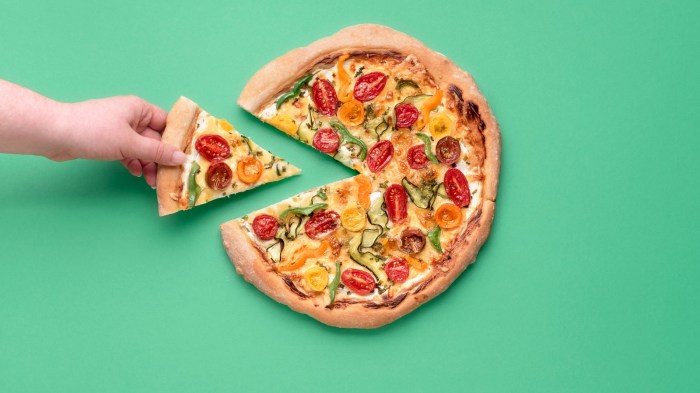
The frequency and quantity of pizza consumption significantly influence weight gain. Regularly consuming large portions of pizza, especially as a primary meal, can contribute to weight gain due to its high calorie content.
Overeating Pizza
Overeating pizza leads to weight gain because it provides excess calories that are not burned off through physical activity. The combination of high calories, unhealthy fats, and refined carbohydrates can contribute to weight gain if consumed in large amounts.
Pizza in a Balanced Diet
Eating pizza as part of a balanced diet can be managed without contributing to weight gain. Consuming pizza in moderation, choosing healthier toppings, and balancing it with other nutrient-rich foods can help maintain a healthy weight.
Alternative Options
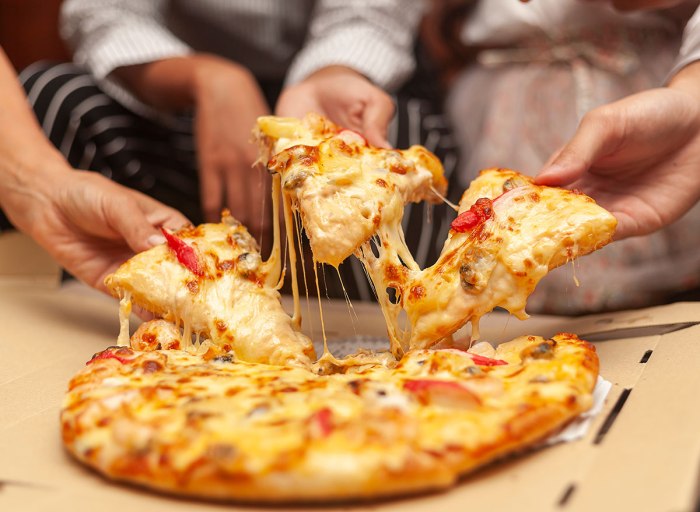
Opting for healthier food choices can aid in maintaining a balanced diet while enjoying the occasional pizza indulgence. Consider the following alternatives:
Whole-wheat or cauliflower crust pizzas provide a lower-calorie and higher-fiber option compared to traditional white flour crusts. Toppings such as grilled chicken, vegetables, and lean protein contribute to a more nutritious meal.
Homemade Pizza
Preparing pizza at home allows for greater control over ingredients and portion sizes. By using whole-wheat flour, lean protein, and an abundance of vegetables, you can create a healthier version of this classic dish.
Wrap-Up
In conclusion, while pizza can be enjoyed as part of a balanced diet, mindful consumption and attention to portion sizes are crucial to avoid weight gain. By opting for healthier ingredient choices, such as whole-wheat crust, lean protein toppings, and reduced-fat cheese, you can savor the flavors of pizza without compromising your health goals.
Remember, a balanced and varied diet that incorporates regular physical activity remains the cornerstone of maintaining a healthy weight. So, next time you crave a slice of pizza, make informed choices, savor every bite, and enjoy this culinary delight without guilt.


